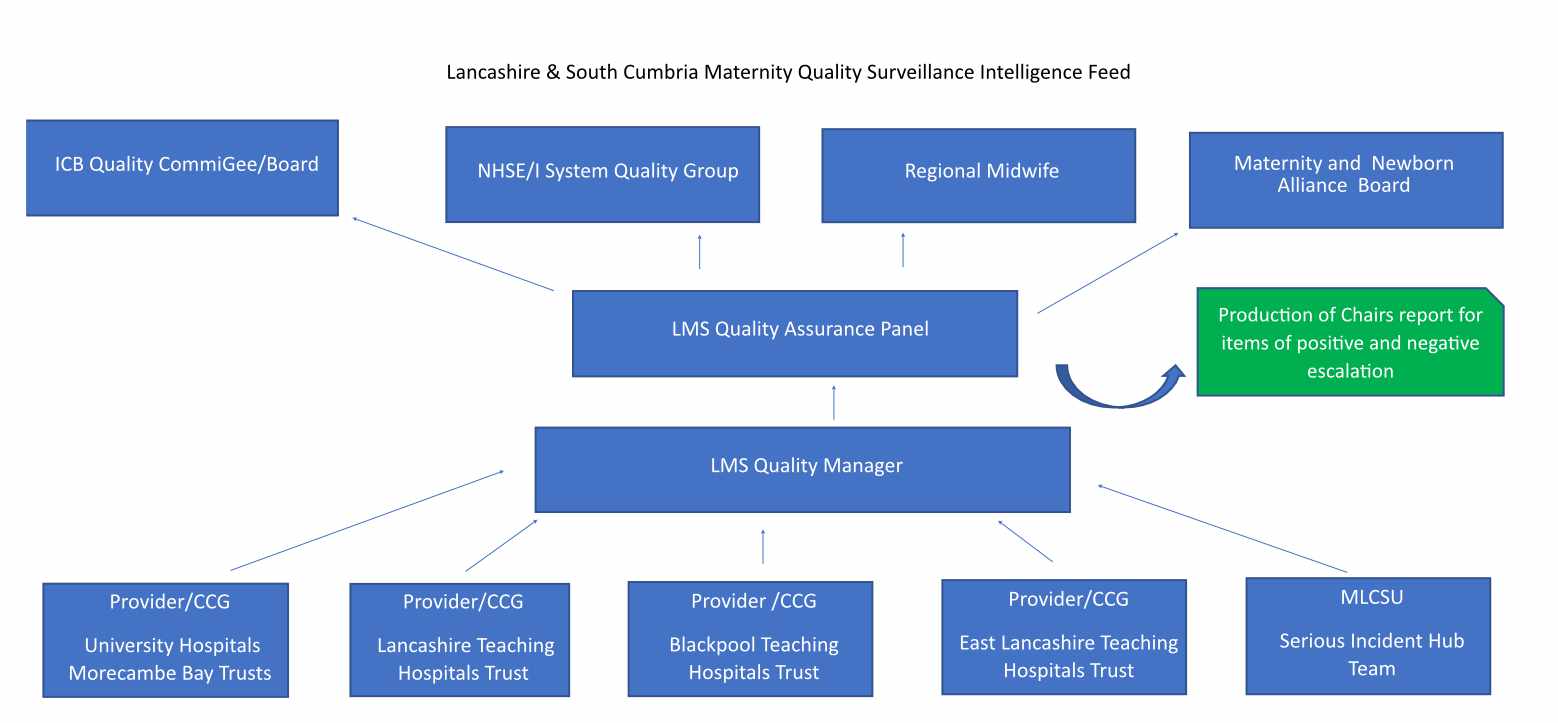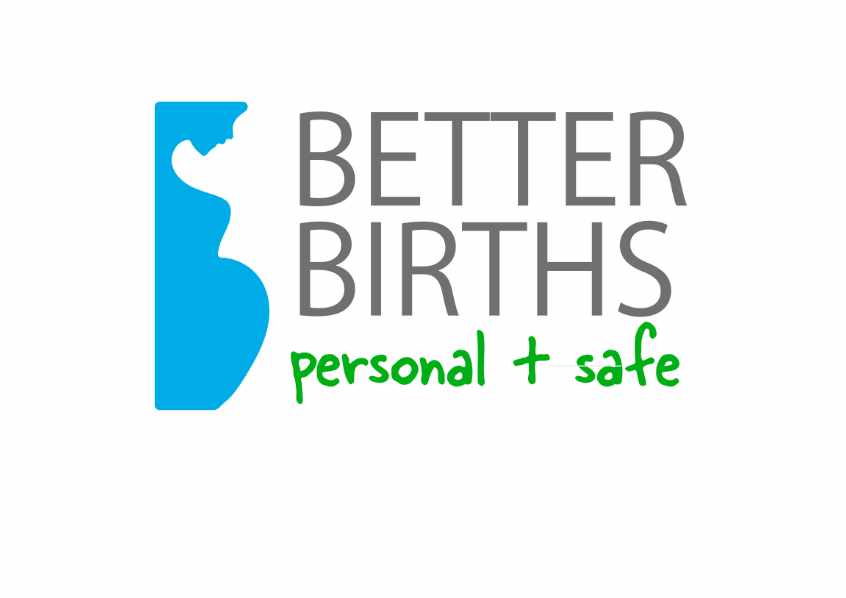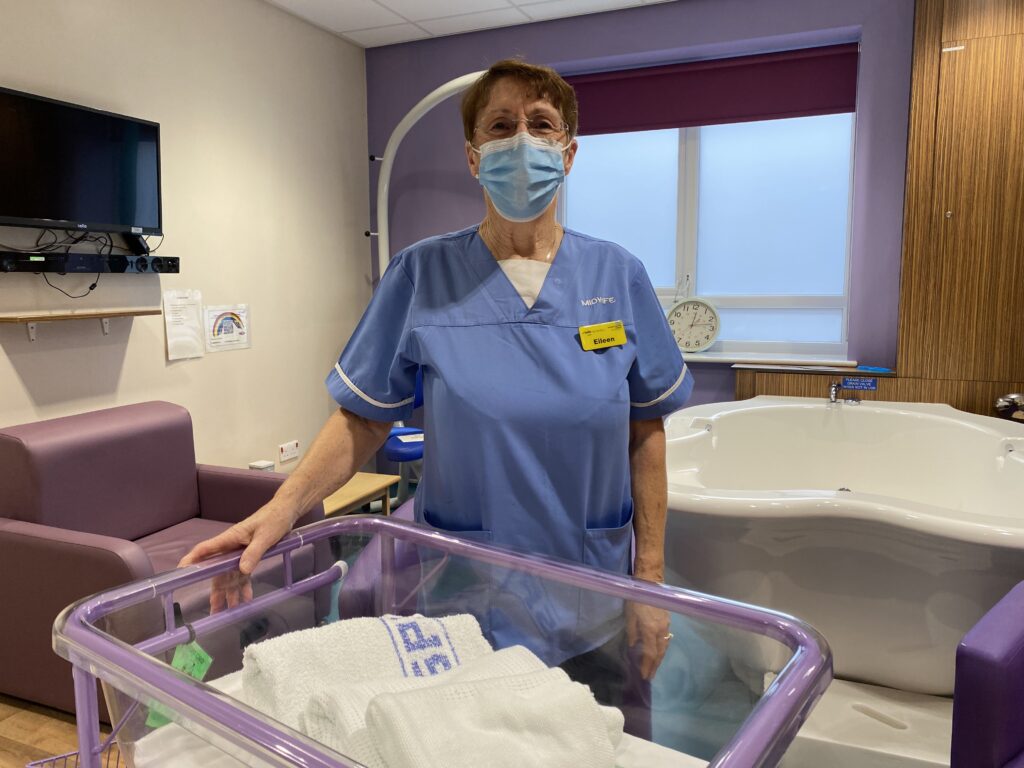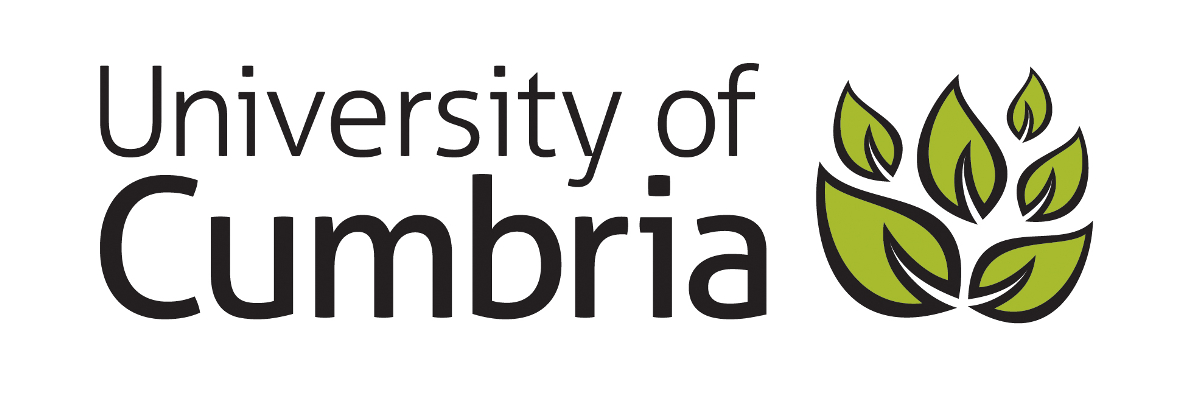Introduction
Quality in Maternity Services for Lancashire and South Cumbria Local Maternity System
In line with the guidance provided by the National Quality Board on System Quality Groups (November 21) the Lancashire and South Cumbria maternity and newborn alliance has a responsibility to ensure that robust reporting mechanisms are in place in order to discharge our responsibilities and ensure that processes are in line with the emerging ICB quality structure.
In ICSs (Integrated Care Systems), effective quality systems must serve three main aims for the ICB, local authorities and partners:
- Timely insight and intelligence sharing into opportunities for learning and improvement, and issues that need to be addressed and escalated
- Positive assurance that statutory duties are being met, concerns and risks are addressed, and improvement plans are having the desired effect
- Confidence in the ongoing improvement of care quality, drawing on timely diagnosis, insight and learning. This includes confidence that inequalities and unwarranted variation are being addressed.

In relation to Maternity services, The Ockenden Report (2020) details that the “Local Maternity System (LMS) must be given greater accountability and responsibility so that they can ensure the maternity services they represent provide safe services for all who access them.” Ockenden further states that the LMS must take on full and ongoing oversight of quality, ensuring that an understanding of the quality of maternity and neonatal services informs transformation.
Alongside this, there must be clear routes of accountability with a formal, structured and systematic oversight of how their LMS delivers its functions within the ICS.

Main aims of the Quality function
- To understand all relevant information for Lancashire & South Cumbria in relation to quality and safety in maternity services
- Ensure a robust Governance process is in place with clear demonstration of reporting mechanisms
Also as determined by the NQB approach to Quality Systems:
Create an open culture and learning system across the ICS that enables improvement across a shared understanding of needs and issues
Take a Quality Management System (QMS) approach, defined in the Shared Commitment by the Juran Trilogy. QMSs offer a proven model for improvement, based on three functions: quality planning; quality control; quality improvement
Move to an improvement culture to support assurance of sustained quality of care, rather than a performance management one
Ensure a clear line of sight of quality performance, good practice, concerns, risks and mitigations from the point of care through to system leaders
Be clear on accountabilities and responsibilities for quality
Have a clear understanding of when to act on signals, respond together in a timely and proactive way, and address any gaps in intelligence.
How the LMS will monitor quality
- Overseeing quality in line with implementing a revised perinatal quality surveillance model.
- Sharing information and learning in a structured and systematic way, working with partners to turn learning into service improvement.
- Overseeing local trust actions to implement the seven immediate and essential actions from the Ockenden report.
- Ensuring action is taken to improve the culture of maternity and neonatal services as a building block for safe, personal and more equitable care
- Ensuring there is ongoing shared learning and critical challenge
| Provider assurances needed | CCG | LMS |
|---|---|---|
| CQC assessment of maternity services | To engage in action plans resulting from CQC inspections and provide assurances to LMS re progress / challenges | To escalate any challenges to Regional team as required To understand CQC position re the whole system |
| Ockenden essential actions | Assurances against implementation with action plan if needed | Gap analysis identifying improvements required across the system |
| CNST requirements | Assurances and action plan against requirements | System position to be identified with any themes against non – achievement |
| Saving Babies Lives bundle 2 | Updates against provider progress for implementation | Report any challenges and barriers to implementation |
| StEIS reportable incidents | Share 72hr reviews / reports / invite to SI panel **MLCSU team will provide an update of all reported incidents at each LMS Assurance Panel, along with a 6mthly thematic review | Theme by provider and as a system – escalation if required as a system to ensure early improvement / actions |
| Regulation 28 incidents | Share with LMS and NHSE/I | Ensure learning is shared with the system and evidence of implementation obtained |
| HSIB trust and national reports | Share HSIB reports | Identify any safety requirements that may need to be implemented following publication of national HSIB reports e.g. HSIB intrapartum stillbirth report |
| MBRRACE & PMRT reports | Trusts to share themes – nb there is sometimes an overlap here with StEIS | Identify early system themes and escalate as necessary |
| FFT test | Trends to be monitored and any causes for concern identified | Collate as a system |
| MVP feedback | Understand local challenges and pass on issues as necessary | Collate as a system, acting upon concerns as required |
| Staff FFT | Any causes for concern to be identified | Collate as a system, understand the challenges and pressures, ensuring action places are in place when required |
| Learner Feedback | Feedback from trainees (obstetric and midwifery to be collated) | Escalate any issues regionally Share good practice |
| National CQC maternity survey | Any concerns to be shared along with corresponding action plan | Collate as a system and follow up progress against action plans |
| Complaints | To report any trends and themes or serious complaints affecting the quality of maternity services | Collate as a system and escalate as required |
| Staffing Safe staffing achieved including obstetric cover Training compliance | Ensure assurances against staffing requirements Ensure all MDT training requirements are met | Liaison and action with regional colleagues / NHSE/I as required |

LMS Assurance Panel process
The following information will be collated and analysed with:
| Safety Improvement Group outputs | NW Strategic Coast | LMS |
|---|---|---|
| Outlier reports | Monthly returns to be shared with LMS as per process | Ensure appropriate actions and follow up is in place |
| National guidance | Any known gaps in service compliance to be shared by collating from maternity safety champions | Ensure the governance process is followed to obtain provider assurances re compliance and implementation |
| Maternity dashboard (system wide) | Dashboard to be analysed and shared with LMS via the outlier report process (appendix c) | System wide concerns to be acted upon |
An ICS intelligence base will be collated to detail any quality issues and risks relating to this data. This will be reviewed by Panel every two months. Any new trends, themes and emerging risks will be added.
Additional assurances relating to emerging trends may be requested in the first instance from an individual provider (with escalation as appropriate)
The panel will identify areas of practice which will require intervention by the Safety Improvement Group. This will allow system level improvement work to be implemented.
Any immediate risks to patient safety will be escalated to the Provider (Head of Midwifery & Director of Nursing), the Regional Midwife, and the defined ICS Quality and Performance Committee. Quality issues will also be reported to the NHSE/I Quality Surveillance Group.
A Chairs report will be prepared (every 2 months) detailing items for positive and negative escalation, along with actions agreed. This will be shared with the Cahir of the LMS Better Births (MNBA) Board , Providers (Heads of Midwifery and Directors of Nursing), **CCG Quality Leads and the Regional Midwife. The LMS Quality & Performance Manager will also provide a report to the NHSE/I Quality Surveillance Group (every two months).
** statutory responsibility for quality is currently held by CCGs; therefore, key links with CCG Quality Leads (across the L&SC ICS) will be maintained throughout 2022 until the commissioning reforms are completed. Transition arrangements will be detailed in year.
News & updates

Maternity Transformation Programme Bulletin No.122: 9 November 2022

My 53-year Career as a Midwife



